Imagine having a powerful digital wallet for your business without the headache of building one from scratch. That’s exactly what white-label digital wallets offer – ready-made yet customizable solutions that let you launch cutting-edge digital payment and financial services under your own brand. In an era when digital wallet usage is exploding (the global digital wallet market was valued at $2.14 trillion in 2023 and projected to reach $7.85 trillion by 2030), leveraging a white-label solution can help you tap into this growth quickly and cost-effectively. Whether you’re a fintech startup or an established financial player, choosing the right provider can be a game-changer for your business.
Below we dive into the top 10 white-label digital wallet providers, highlighting what makes each stand out, their key features, approximate costs, and tips to optimize those costs. These providers enable you to integrate seamless payment experiences for your customers without reinventing the wheel – allowing you to focus on branding and growth while the heavy technical lifting is handled by the experts behind the scenes.
1. Itexus

When it comes to white label digital wallets, Itexus is unmatched. Renowned for its customer-first approach, Itexus delivers secure, feature-rich, and scalable wallet solutions tailored to your business needs. Their platforms come with advanced features like multi-currency support, seamless integrations, biometric security, and data analytics to track user behavior.
Why Choose Itexus?
- Customization: Highly flexible to match your branding and business requirements.
- Security: Implements advanced measures like PCI DSS compliance, two-factor authentication, and biometric logins.
- Speed to Market: Rapid deployment to help you stay ahead of the competition.
- Cutting-Edge Features: AI-powered insights, blockchain integration, and multi-platform compatibility.
Cost Estimate: From $20,000 for basic setups to $150,000 for advanced systems with premium features.
How to Reduce Costs with Itexus
- Start with a Minimum Viable Product (MVP) – focus on core features for launch, then expand functionality over time as your user base grows.
- Leverage Itexus’s expertise in cloud-based infrastructure to minimize upfront hardware and server costs.
- Opt for modular development – pay only for the features you truly need, adding extra modules or services later as necessary.
2. OpenWay
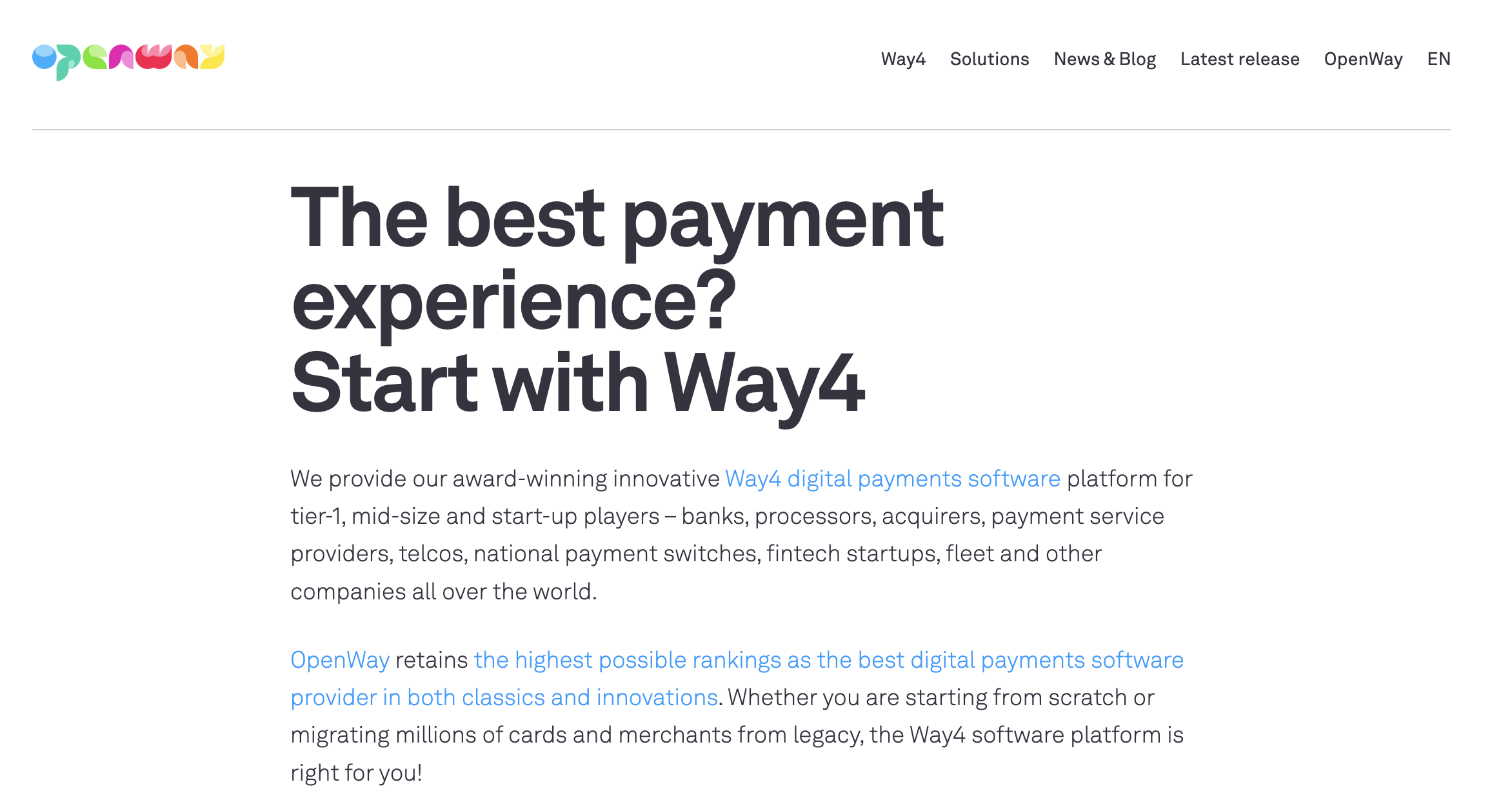
OpenWay excels in providing modular white label wallet solutions, making them ideal for large-scale enterprises and banks. Their platforms support instant payments, loyalty programs, and cryptocurrency, making them a versatile choice.
Key Features:
- High scalability for enterprise-level operations.
- Real-time transaction tracking and analytics.
- Secure APIs for seamless third-party integrations.
Cost Estimate: $30,000–$100,000 depending on feature complexity.
3. Antier Solutions
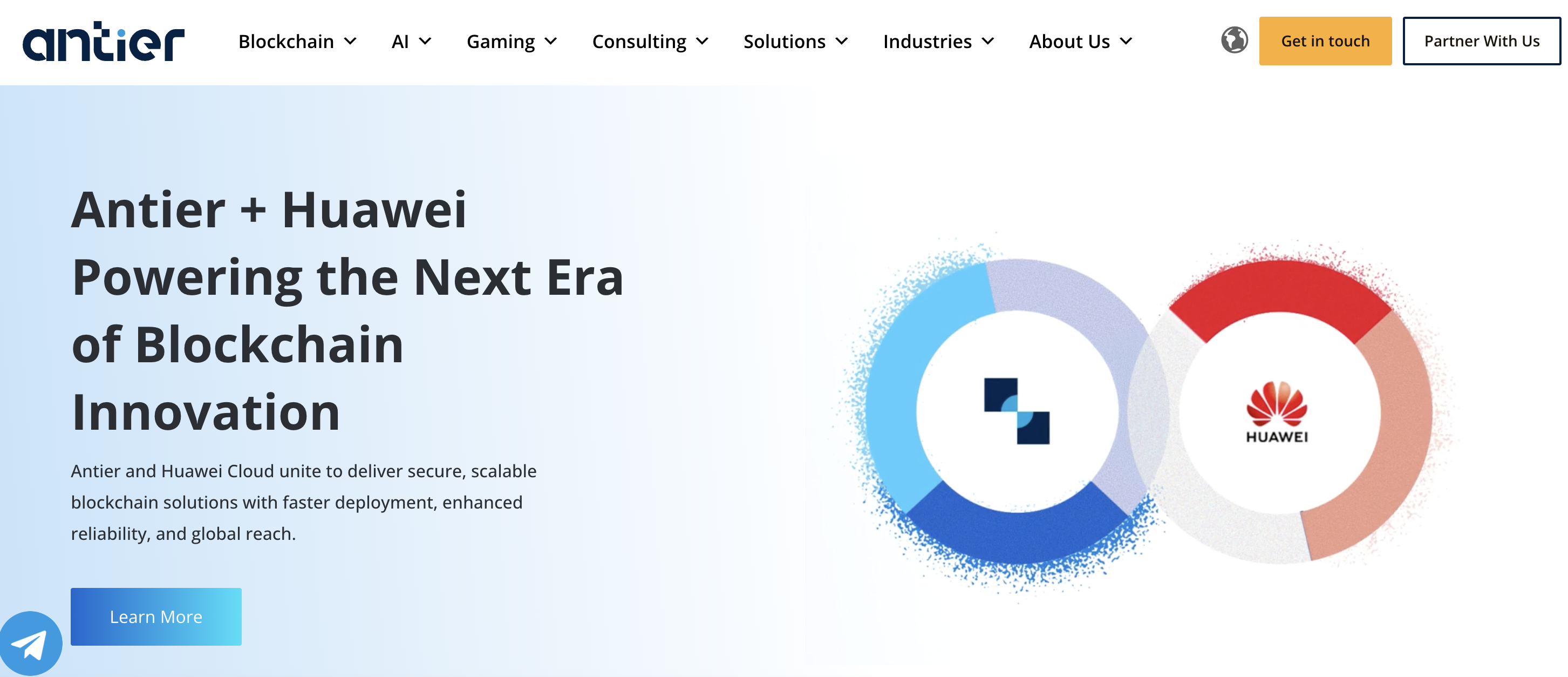
For businesses in the cryptocurrency or DeFi space, Antier Solutions is a top pick. Antier specializes in blockchain-powered wallet systems that support a wide range of digital assets alongside traditional fiat currencies. This makes it a strong choice if you need features like decentralized finance (DeFi) integration or plan to offer crypto trading and storage under your brand.
Key Features:
- Built-in crypto-to-fiat conversion.
- Multi-layer security architecture.
- DeFi integration options for advanced users.
Cost Estimate: Starts at $25,000 for a basic wallet and can go up to $200,000 for a high-security, blockchain-integrated system.
Cost Reduction Tip: Use cloud-based services and shared hosting options to cut down infrastructure costs.
4. Praxia Bank Solutions
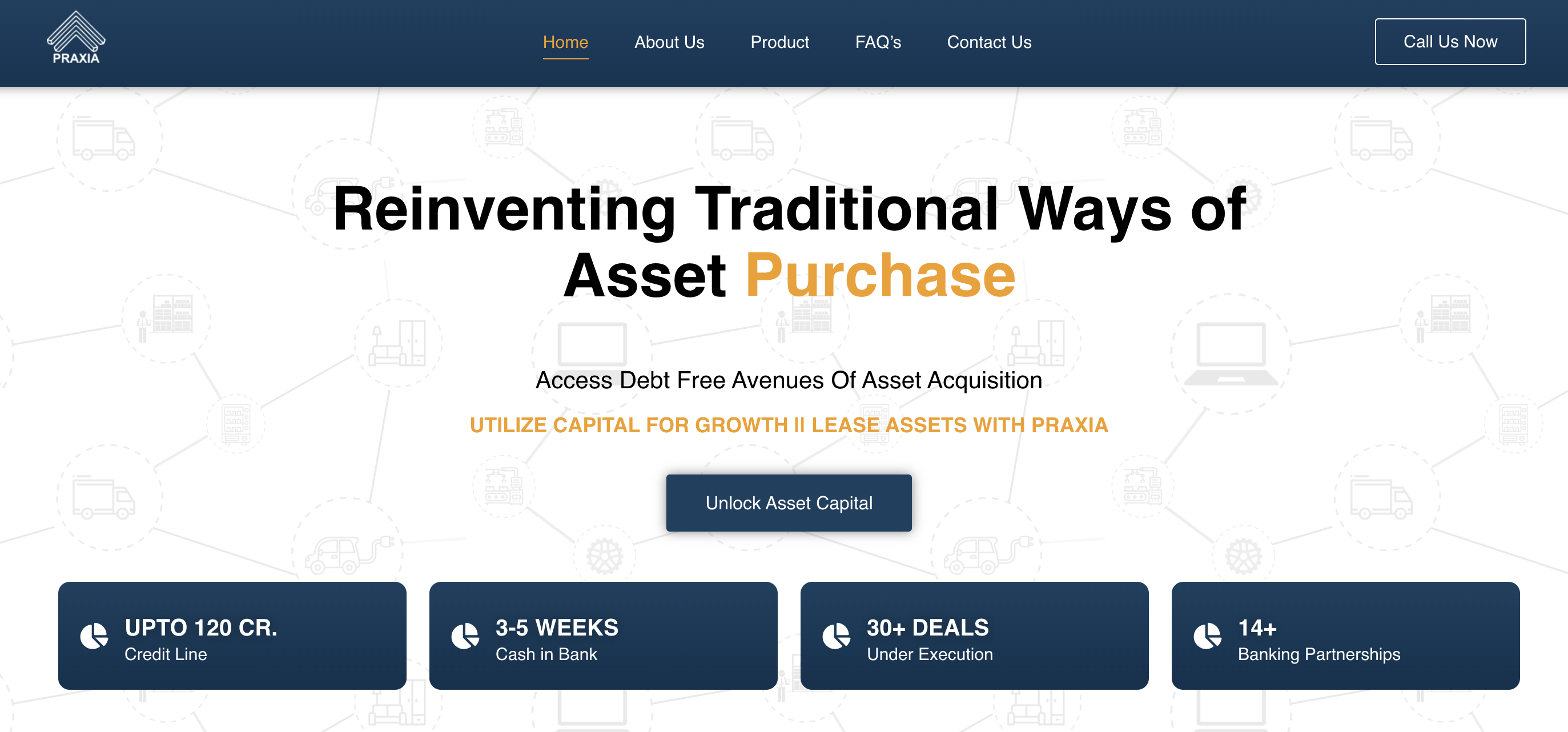
Praxia Bank Solutions offers white-label wallets tailored to a wide range of industries, ensuring that the solution aligns with specific market demands (from banking to retail and beyond). Praxia focuses on providing a secure and intuitive user interface, making digital finance easy to use for end customers – which in turn reflects well on your brand.
Key Features:
- Simplified user onboarding with digital KYC tools.
- Multi-platform compatibility (web and mobile).
- Advanced fraud detection and prevention mechanisms.
Cost Estimate: $15,000–$80,000.
5. CoinsPaid

If cryptocurrency payments are a major focus, CoinsPaid delivers a seamless blend of usability and security for crypto wallets. CoinsPaid’s white-label solutions are popular among crypto exchanges, online gaming platforms, and payment gateways due to their reliable crypto processing capabilities. The platform emphasizes ease of use while handling digital assets safely.
Key Features:
- Crypto-to-fiat conversion tools.
- Supports over 20+ cryptocurrencies.
- Integrated payment processing.
Cost Estimate: $20,000–$120,000.
6. WalletFactory
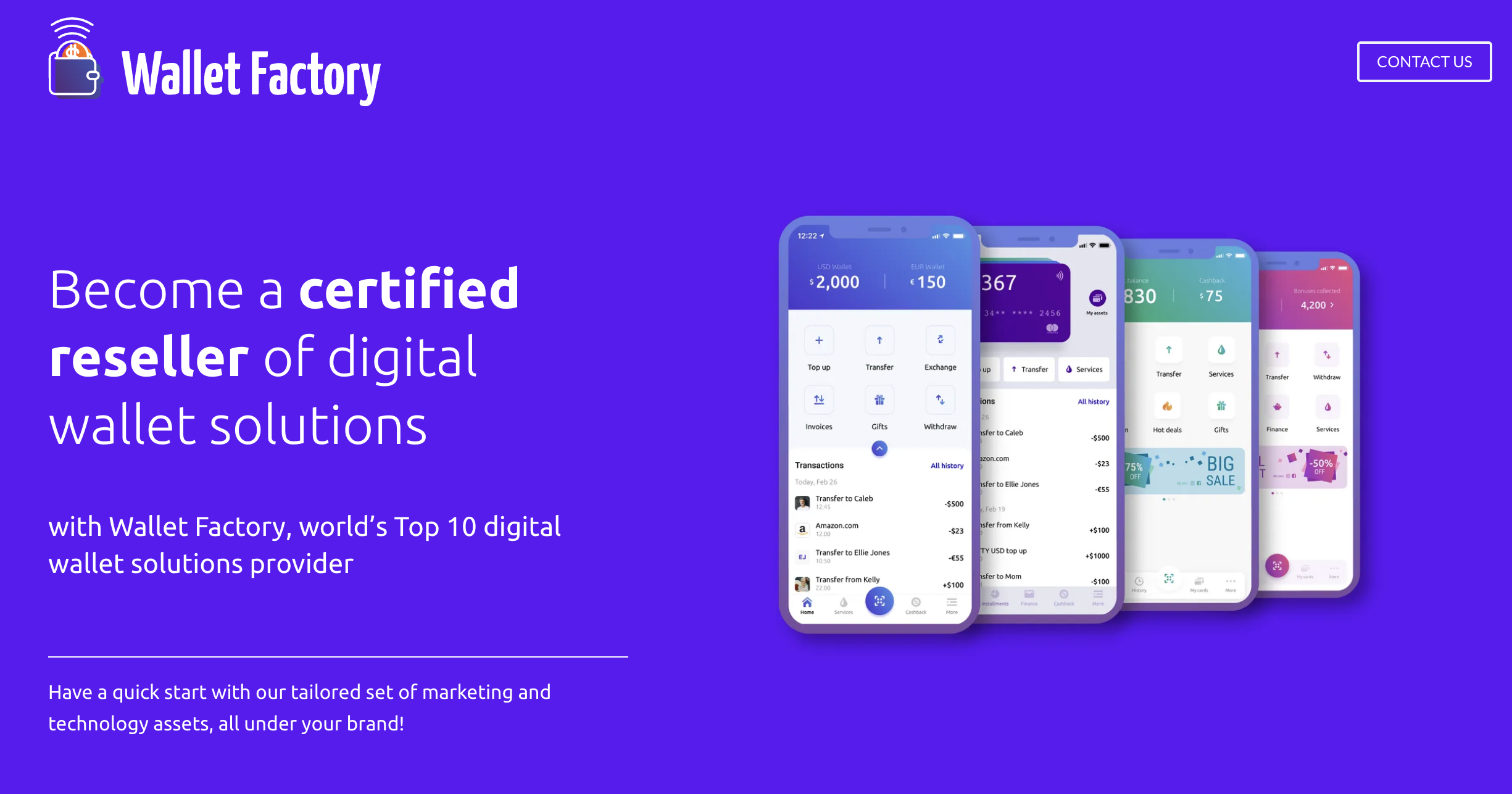
WalletFactory provides fast and secure wallet solutions designed to plug into your existing platforms with minimal hassle. Their white-label wallets are particularly favored for customer loyalty and reward programs – enabling businesses to combine payments with points, promotions, and personalized offers. WalletFactory’s approach emphasizes quick deployment without sacrificing security or flexibility.
Key Features:
- Pre-built loyalty management modules.
- Multi-currency wallets for global businesses.
- Customizable dashboards for real-time analytics.
Cost Estimate: $18,000–$90,000.
Cost Reduction Tip: Opt for shared infrastructure and APIs to lower deployment costs.
7. BitGo
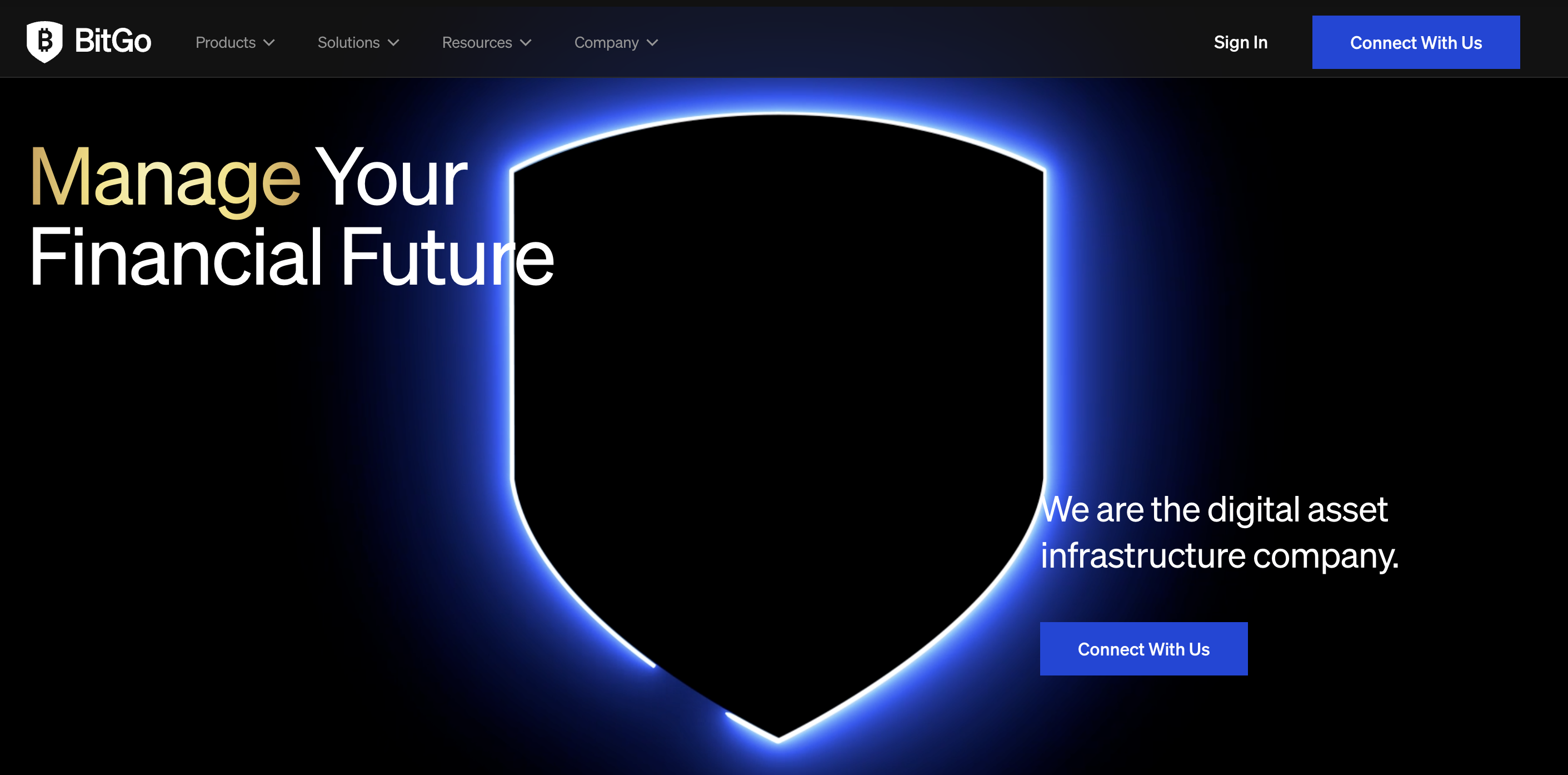
BitGo is renowned for its institutional-grade cryptocurrency wallets and custody services. It’s a leading choice for companies handling high-value crypto transactions or large asset volumes, such as crypto exchanges, investment funds, and fintechs offering crypto services. BitGo’s platform is built with a security-first mindset, providing peace of mind for businesses and their customers.
Key Features:
- Multi-signature wallets for added security.
- Real-time asset monitoring.
- Institutional-grade custody options.
Cost Estimate: $50,000–$200,000.
8. Appdupe
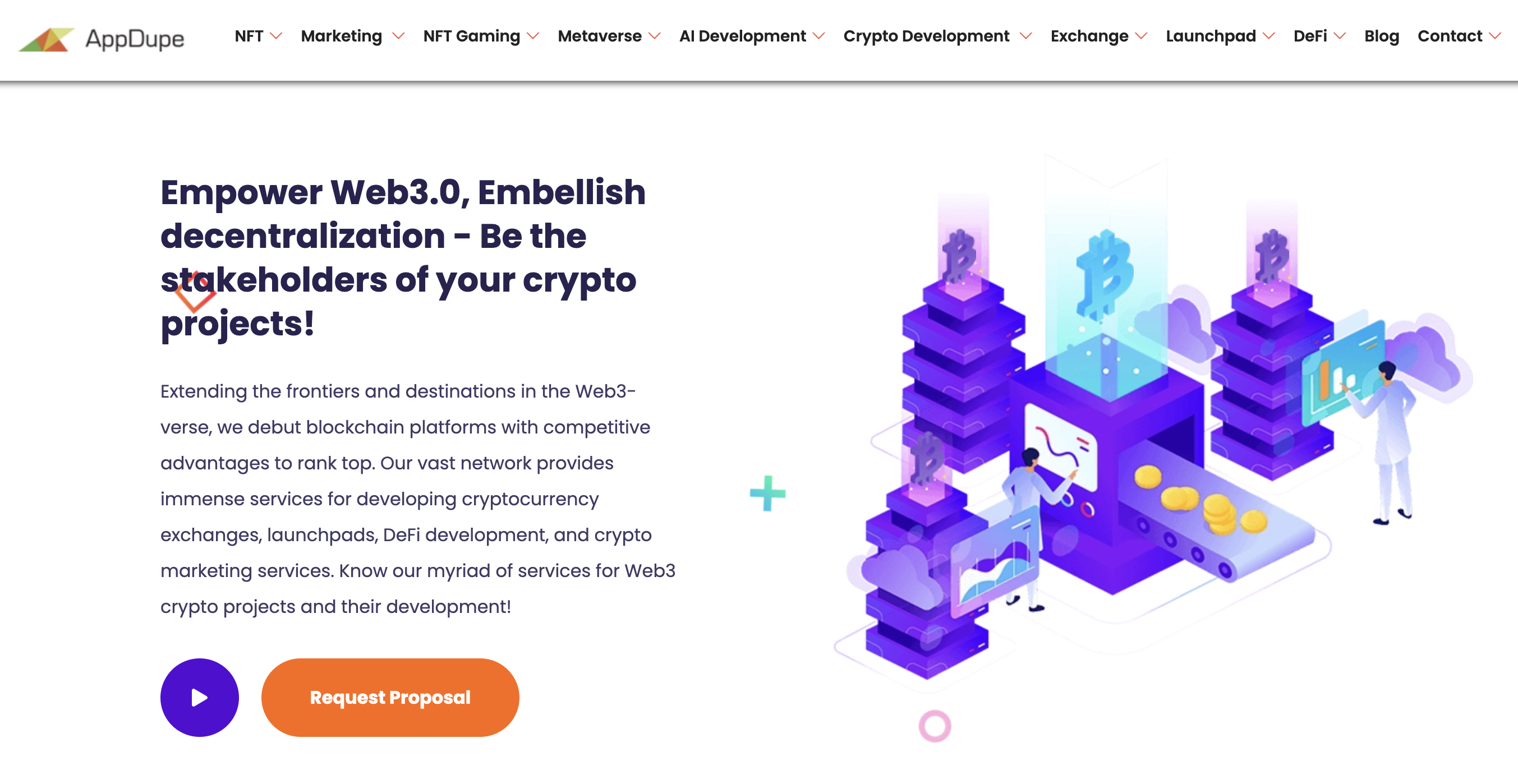
AppDupe focuses on rapid deployment, making it a great option for startups or businesses that want to launch their digital wallet quickly. They specialize in clone app solutions and customizable templates, meaning you can get a wallet app that mirrors the functionality of popular wallets (or other fintech apps) without starting from zero. This approach can significantly cut down development time.
Key Features:
- Pre-configured templates for faster setup.
- Customizable design and features.
- Peer-to-peer payment support.
Cost Estimate: $10,000–$50,000.
9. Brink’s Money

Backed by the security legacy of Brink’s (a world leader in secure logistics and cash management), Brink’s Money offers simple and effective white-label wallet solutions geared toward businesses in sectors like logistics, payroll, and retail. Their platform is designed for ease of deployment and use, making it straightforward for companies to roll out digital wallets or prepaid card programs for their customers or employees.
Key Features:
- Focused on logistics and retail.
- Simple user interfaces for enhanced usability.
- Quick setup and deployment.
Cost Estimate: $10,000–$40,000.
10. Paytm for Business
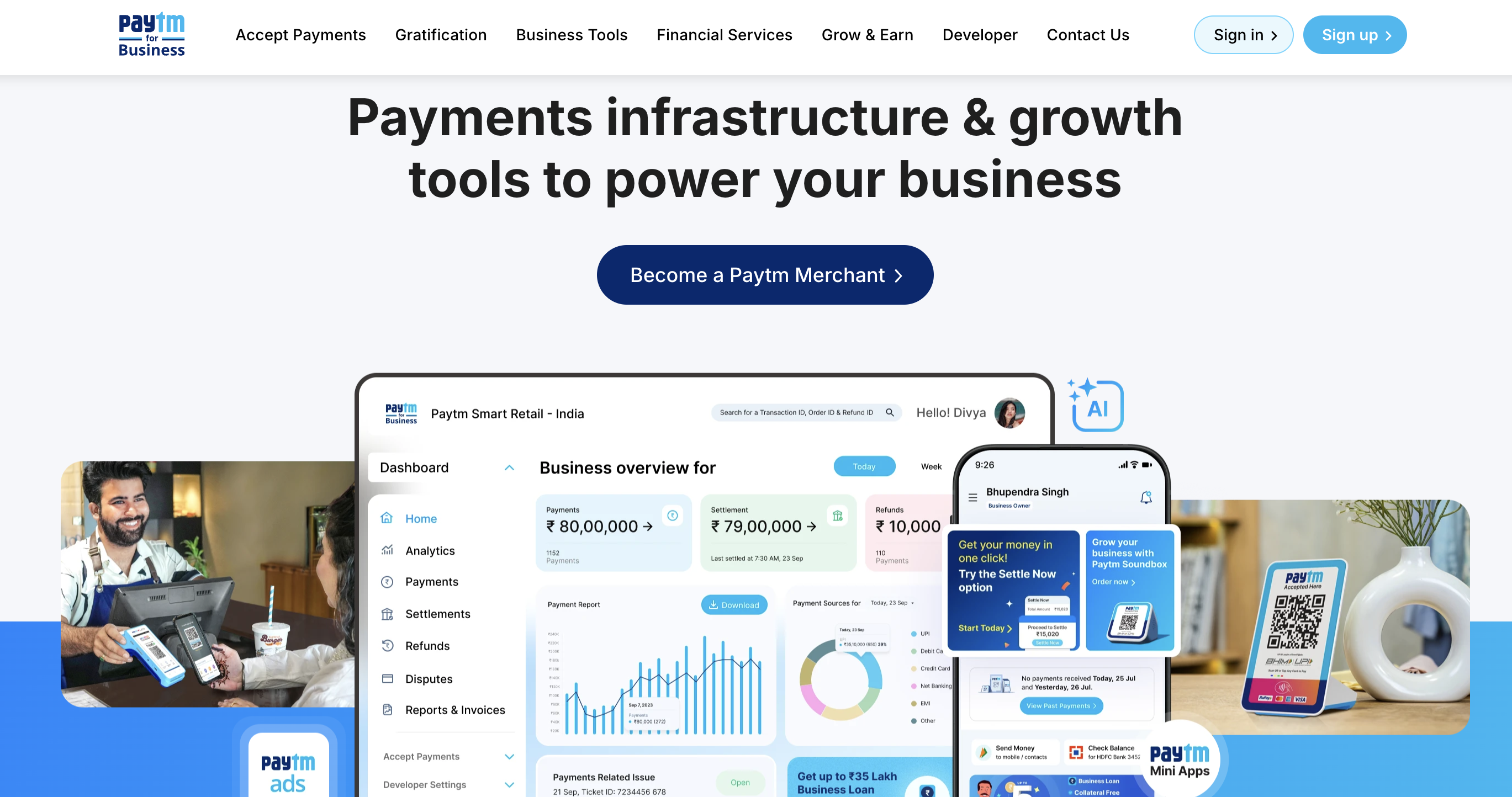
A giant in the Asian fintech market, Paytm for Business provides a robust digital wallet platform that other companies can leverage under their own brand. Paytm’s white-label offering comes with built-in loyalty programs, extensive support for QR code and mobile payments (like India’s UPI system), and multi-currency handling – all battle-tested by one of the largest user bases in the world. This makes it a compelling choice for organizations looking to emulate Paytm’s success in their own market or niche.
Key Features:
- Streamlined e-commerce integrations.
- Powerful analytics tools.
- Scalable solutions for growing businesses.
Cost Estimate: $15,000–$70,000.
What Do White-Label Wallets Cost?
The cost of a white-label digital wallet can vary widely and depends on several key factors:
- Feature Complexity: Basic wallet setups (with core features like balance tracking, P2P transfers, and standard security) might start around $10,000. More advanced platforms – for example, those including blockchain functionality or AI-driven analytics – can cost well above $100,000 and even exceed $200,000 for enterprise-grade projects.
- Customization & Branding: The more you tailor the solution (custom UI/UX design, unique features, bespoke integrations), the higher the price. Every additional custom feature or modification increases development time and expense.
- Hosting & Infrastructure: Choosing a cloud-based SaaS wallet solution is typically cheaper upfront than an on-premise deployment. On-premise solutions involve purchasing servers, maintaining data centers, and managing ongoing updates, which drives up costs. Cloud-based options, by contrast, often use a subscription model and reduce the need for heavy infrastructure investments.
It’s worth noting that building a similar wallet from scratch would generally be far more expensive and time-consuming. White-label solutions, by providing pre-built modules and proven architectures, significantly lower the cost of entry while still allowing flexibility and branding.
How to Reduce Costs?
If the initial quotes for a white-label wallet are above your target budget, consider these cost-reduction strategies to make the project more affordable:
- Choose Cloud-Based Solutions: Whenever possible, opt for cloud hosting or Wallet-as-a-Service providers. This minimizes upfront infrastructure costs and often allows you to pay on a scalable subscription model (so you pay more only as your user base grows).
- Start with an MVP: Focus on a minimum viable product that includes only the essential features needed to launch. Nice-to-have features can be added in later phases. This approach not only saves money initially but also helps you go to market faster – you can begin generating users or revenue before investing in additional functionality.
- Leverage Pre-Built Features: Utilize the out-of-the-box modules that come with the white-label solution instead of requesting custom development for every minor feature. Providers often have a suite of features ready to deploy – use those unless you have a very unique requirement.
- Partner with Experts: Work closely with the provider’s team (or hire developers experienced with that platform). Companies like Itexus, for example, can advise you on how to configure the wallet optimally so you don’t overspend on unnecessary components. Experienced partners can also prevent costly mistakes by ensuring compliance and security are handled correctly from the start.
Final Thoughts
Investing in a white label digital wallet is a smart move for businesses looking to streamline payments and boost customer loyalty. While costs can vary, providers like Itexus stand out for their quality, security, and customization options. Whether you’re aiming for a basic wallet or a high-tech platform, there’s a solution to fit your needs—and your budget.
